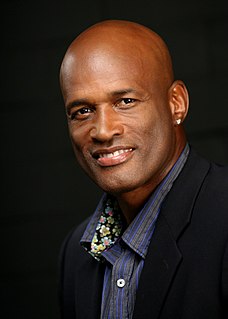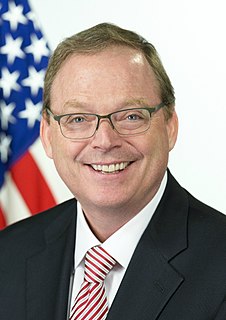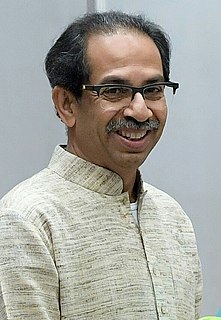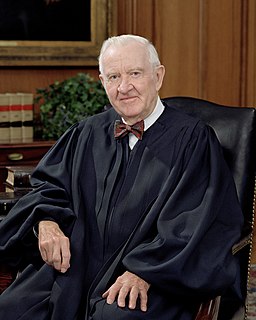A Quote by Narendra Modi
Government not just for a few, it belongs to the common people.
Quote Topics
Related Quotes
As I tell young people in workshops, 'It's your country. If you came here on the bottom of a slave ship, if your people came here seeking political freedom - however your folks got here - it belongs to you just as much as it belongs to anyone, so claim it. It's your birthright. America belongs to every person who is here.'
The kinds of people we need in government are precisely the kinds of people who are most reluctant to go into government -- people who understand the inherent dangers of power and feel a distaste for using it, but who may do so for a few years as a civic duty. The worst kind of people to have in government are those who see it as a golden opportunity to impose their own superior wisdom and virtue on others.
Our constitutions purport to be established by 'the people,' and, in theory, 'all the people' consent to such government as the constitutions authorize. But this consent of 'the people' exists only in theory. It has no existence in fact. Government is in reality established by the few; and these few assume the consent of all the rest, without any such consent being actually given.
At bottom, the Court's opinion is thus a rejection of the common sense of the American people, who have recognized a need to prevent corporations from undermining self-government since the founding, and who have fought against the distinctive corrupting potential of corporate electioneering since the days of Theodore Roosevelt. It is a strange time to repudiate that common sense. While American democracy is imperfect, few outside the majority of this court would have thought its flaws included a dearth of corporate money in politics.
The true forms of government, therefore, are those in which the one, or the few, or the many, govern with a view to the common interest; but governments which rule with a view to the private interest, whether of the one or of the few, or of the many, are perversions. For the members of a state, if they are truly citizens, ought to participate in its advantages.
Government is not a solution to our problem, government is the problem. ... Government does not solve problems; it subsidizes them. Government's view of the economy could be summed up in a few short phrases: If it moves, tax it. If it keeps moving, regulate it. If it stops moving, subsidize it. ... The problem is not that people are taxed too little, the problem is that government spends too much.






























